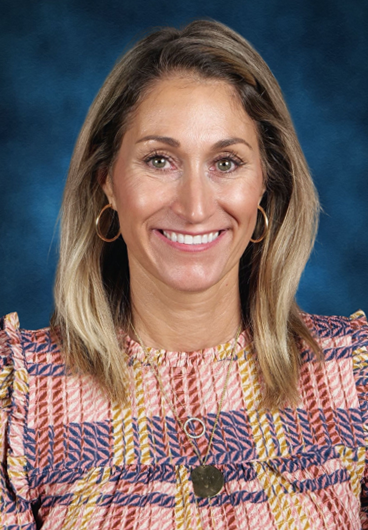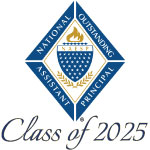
Pamela Cook
Choctaw Elementary School
Choctaw, Oklahoma
pcook@cnpschools.org
Best Practices
1) Student Leadership: At Choctaw Elementary, we have a strong belief that every student can achieve and learn. That means all students, even those who have disadvantaged backgrounds or circumstances. As an assistant principal, I have applauded practices that improve student leadership on our campus. Our teachers work hard to create a student focused environment where they prioritize developing leadership skills daily through various avenues such as class jobs, service learning projects, the use of classroom greeters to welcome guests, expecting the use of complete sentences when responding to questions, encouraging students to allow others to go first, celebrating the efforts of their peers, and teaching them to stand up for others when necessary. Our classrooms are routinely set up to increase leadership skills in all grade levels by giving students a “job” or “role” within the class. The students are rotated through these jobs and learn what it means to have this responsibility. They quickly see the importance of having a leadership role within their class community. These opportunities help empower our students even in early grade levels. When students are given age appropriate tasks that can build on their strengths it provides a stronger sense of self-esteem. They start to feel good about themselves, and then it pours out onto other areas of their school day. Opportunities like this are vital and key to our classrooms, school, and community. Our fourth and fifth graders have the opportunity to participate in our Student Leadership Team. The students can run for office, make decisions, help with our student-led podcast and take on roles that improve the school. All students in these two grades are encouraged to participate. However, not all are eligible due to grades or behavior. We promote the leadership team as something that is worthwhile and help them work toward reaching this goal. Oftentimes our “at risk” students have never thought of themselves as a “leader” and hesitate to join. This is when we make sure we communicate how we see them as leaders and depend on them to be role models for the younger students. It’s our job as educators to help all students see themselves as leaders even if they do not yet believe they are capable at first. There is no doubt we have to sometimes initiate this belief in our students first in order for them to believe it themselves. Once we do, then they start to believe that anything is possible and the next thing you know we have students coming back to us years later thanking us. I can say without hesitation that this is one of the best practices we have at Choctaw Elementary.
2) Whole Child Initiatives: When I think of best practices at Choctaw Elementary, I think of how we prioritize addressing the needs of the whole child. Meaning, our teachers are informed about best practices that address the academic, social, emotional and physical needs of our students. When staff are knowledgeable and aligned, they are most effective. We are intentional about creating a safe and inclusive environment, continue to be trauma informed, provide training in social/emotional learning, promote physical health and wellbeing, involve our families, partner with the community, and be able to connect resources in and out of the school to make a meaningful impact on our students. At our site, we analyze academic data as well as look at background information of each student. If we see that a student is dealing with challenges, we address them in a Response To lntervention (RTI) meeting. The RTI team consists of an administrator, school counselor, reading specialist, special education teacher, and the general education teacher. The team meets monthly and works together to develop an intervention plan. If the student has multiple areas that need to be addressed we will prioritize them according to Maslow’s hierarchy of needs. We realize we can’t educate a hungry, angry, or scared child. Those must be dealt with first and foremost. Additionally, teachers use the Professional Learning Community (PLC) framework to hold each other accountable with student growth. They regularly meet with their PLC teams to look at student data and collaborate to provide interventions that work. We know that looking at academics is important, but we feel it’s vital to address the physical health and the emotional needs of our students as well. You can’t address one area of need without looking at the other. It’s a systems-based approach that requires us to use resources inside and outside of the school. We are lucky to have a strong staff that are resourceful, open to ongoing training, and have the willingness to address the complexity of needs our students sometimes have. At Choctaw Elementary, we are proud to have numerous other ways in which we serve the whole child. For example, we are a member of Healthy Schools OK. Our physical education teacher upholds yearly criteria to keep this status, and she receives yearly training to help teachers implement classroom Action Based Learning practices. We are also proud to have several after school programs such as EL tutoring, academic tutoring, STEM Club, and a Student Leadership organization. Additionally, we are a Great Expectations Model School and have maintained our “model school status” for twelve consecutive years. Lastly, our site administrators and our school counselor have solid relationships with area mental health practitioners and local community agencies that help with providing direct services for our students and their families. We are always working toward the wholeness of the child while protecting their rights. It’s an honor to support each of them in every way possible.


